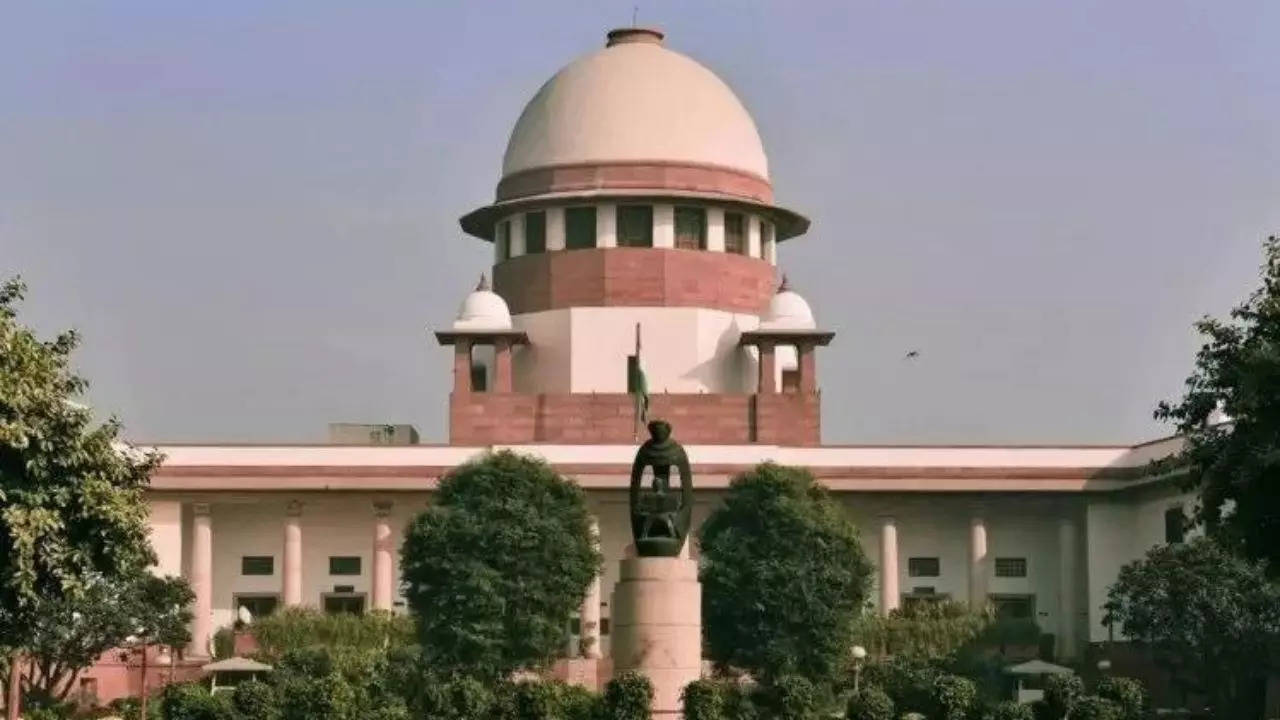Monday’s ruling paves the way for prosecution of JMM MLA Sita Soren, who was booked by CBI under PC Act for taking bribes to vote for an independent candidate in the 2012 Rajya Sabha elections. Soren had taken recourse to the 1998 SC verdict to thwart the case against her.
The CJI-led bench also tackled the irony in the 1998 verdict which had held that the shield of Articles 105 and 194 was not available to those who took bribes but did not vote. The SC said acceptance of bribes by elected representatives cannot be part of their duties and functions as members of a House and can never be protected by Articles 105(2) and 194(2). “The offence of bribery is agnostic to the performance of the agreed action and crystallises on the exchange of illegal gratification. It does not matter whether the vote is cast in the agreed direction or if the vote is cast at all. The offence of bribery is complete at the point in time when the legislator accepts the bribe,” it said.
SC said, “Indeed, to read Articles 105(2) and 194(2) in the manner proposed in the majority judgment (in PVN Rao case) results in a paradoxical outcome. Such an interpretation results in a situation where a legislator is rewarded with immunity when they accept a bribe and follow through by voting in the agreed direction. On the other hand, a legislator who agrees to accept a bribe, but may eventually decide to vote independently will be prosecuted. Such an interpretation belies not only the text of Articles 105 and 194 but also the purpose of conferring parliamentary privilege on members of the legislature.”
Upholding the minority opinion in the 1998 judgment, the 7-judge bench said, “Offence of bribery is complete on the acceptance of the money or on the agreement to accept money being concluded. The offence is not contingent on the performance of the promise for which money is given or is agreed to be given. The minority opinion based its view on another perspective which was not dealt with by the majority. Minority opinion said act of bribery was the receipt of illegal gratification prior to the making of the speech or vote inside the House.”
“Bribery is not rendered immune under Article 105(2) and the corresponding provision of Article 194 because a member engaging in bribery commits a crime which is not essential to the casting of the vote or the ability to decide on how the vote should be cast. The same principle applies to bribery in connection with a speech in the House or a committee,” it said.
The bench said corruption and bribery of MPs and MLAs erode foundation of Indian parliamentary democracy. “It is destructive of the aspirational and deliberative ideals of the Constitution and creates a polity which deprives citizens of a responsible, responsive and representative democracy,” SC said.
It said the errant elected member, who takes bribes for speaking, asking questions or voting in a House would face double whammy – prosecution under PC Act by law-enforcing agencies and by the House for breach of privilege and discipline.
It said actions taken by the House and law-enforcing agencies are distinct and can operate independently. “The scope, purpose and consequences of the court exercising jurisdiction in relation to a criminal offence and the authority of the House to discipline its members are different,” the CJI-led bench said.
“The potential of misuse against individual members of the legislature is neither enhanced nor diminished by recognising the jurisdiction of the court to prosecute a member of the legislature who is alleged to have indulged in an act of bribery,” it said.
